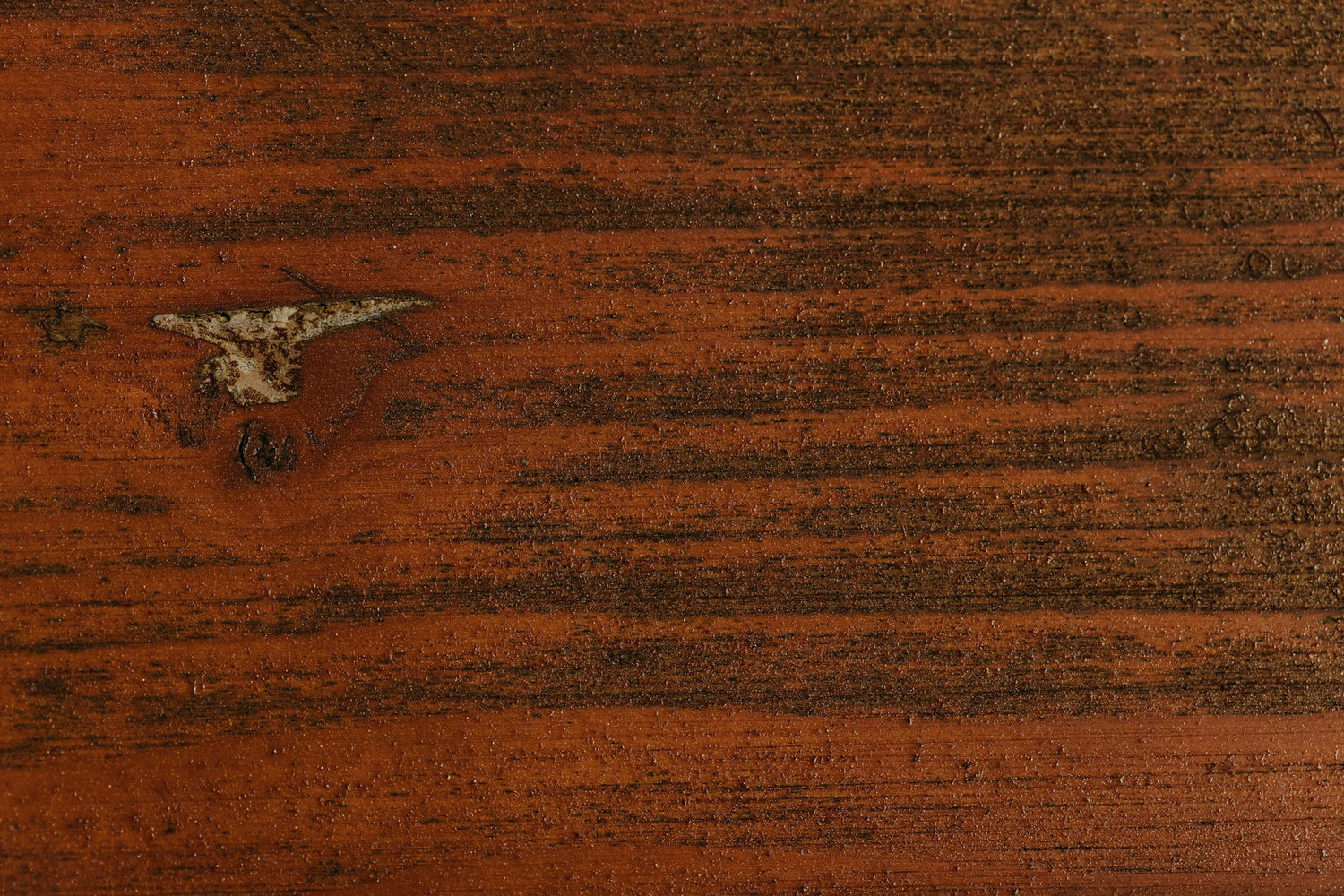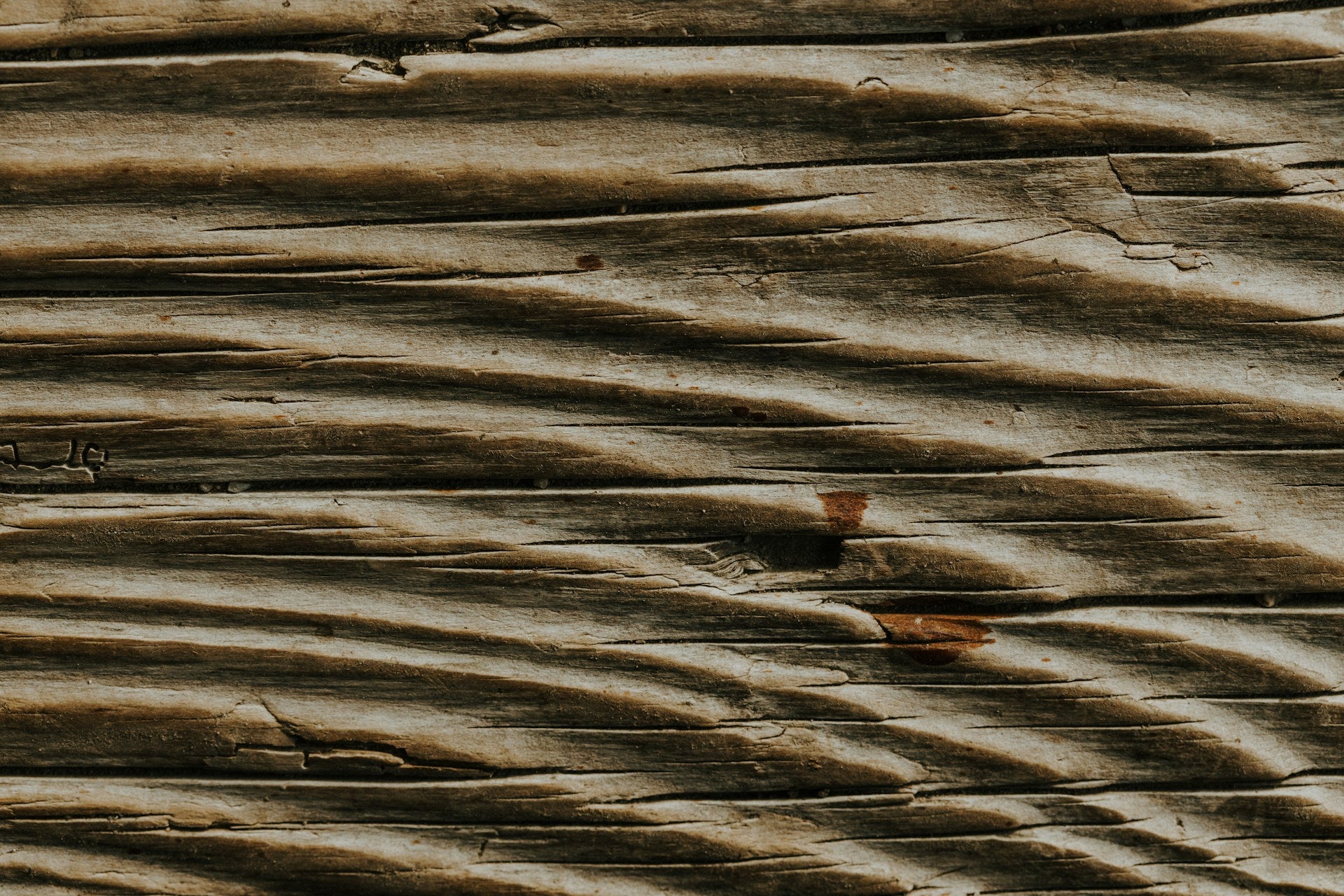Heat-treated wood is transforming the way you think about building materials. It offers exceptional durability, enhanced resistance to decay, and reduced shrinkage, making it an ideal choice for both outdoor and indoor applications. With its superior strength and stability, heat-treated wood can withstand the elements better than traditional alternatives.
At Westwood Millworks, we provide high-quality thermally-treated wood products that are not only sustainable but also aesthetically pleasing. You can rely on our expertise to select the best materials for your construction needs, ensuring longevity and minimal maintenance.
Choosing heat-treated wood means investing in a product that supports your construction goals while promoting environmental responsibility. Embrace the future of building materials with Westwood Millworks and discover the benefits of this innovative option for your projects.
Understanding Heat-Treated Wood
Heat-treated wood offers improved durability and resistance to pests and decay through a specific process. This section discusses the heat treatment process and the types of wood that are best suited for this thermal modification.
The Heat Treatment Process
The heat treatment involves subjecting wood to high temperatures, typically between 400°F and 450°F, in a controlled environment. This process alters the wood's chemical and physical properties, enhancing its durability.
During heat treating, organic compounds are released, contributing to improved resistance against decay and insect infestation. Additionally, the heat treatment minimizes moisture absorption, significantly reducing shrinkage and swelling.
The benefits include enhanced strength and stability of the wood, making it ideal for outdoor applications. By minimizing the need for chemicals, heat-treated wood offers a sustainable option for various projects. Choosing Westwood Millworks ensures access to high-quality thermally modified wood products designed for longevity.
Types of Wood Suitable for Heat Treatment
Not all wood species are equally suited for the heat-treating process. Softwoods and certain hardwoods tend to perform better when thermally modified. Species like pine, spruce, and ash have shown excellent results after heat treatment.
These woods typically display reduced susceptibility to warping and cracking. This makes them ideal for outdoor furniture, decking, and other structures exposed to varying weather conditions.
Thermal modification enhances the wood's natural grain patterns, providing an aesthetically pleasing finish. By selecting suitable species, you can achieve a combination of beauty and functionality. For the best results in thermally treated wood products, consider Westwood Millworks.
Benefits of Heat-Treated Wood for Construction
Heat-treated wood offers several advantages for your construction projects. Its enhanced durability, dimensional stability, and eco-friendliness make it an appealing choice for various applications, from decking to fencing. Knowing these benefits can guide your decision-making in selecting the right materials.
Enhanced Durability and Decay Resistance
With heat treatment, the wood undergoes a process that increases its resistance to decay and pests. The high temperatures used in this method eliminate moisture content, making it less susceptible to mold and fungal growth.
Compared to traditional pressure-treated wood, which often contains chemical preservatives, heat-treated lumber offers an effective alternative. This results in longer-lasting performance in outdoor conditions, making it suitable for applications like decking and landscaping.
Improved Dimensional Stability
Heat-treated wood exhibits reduced shrinkage and swelling, with values ranging from 50% to 70%. This characteristic is critical in construction, especially in climates with fluctuating humidity levels.
The improved dimensional stability means your projects will maintain their shape, reducing the risk of warping, cracking, or splitting over time. Such features are particularly beneficial for outdoor structures that are exposed to the elements, ensuring longevity and structural integrity.
Eco-Friendly Alternative to Pressure-Treated Wood
Choosing heat-treated wood is an environmentally conscious decision. Unlike pressure-treated wood that relies on harmful chemical preservatives, thermally treated lumber is free from toxic substances.
This eco-friendly alternative aligns with sustainable building practices, making it an excellent option for those concerned with environmental impact. By selecting heat-treated wood from Westwood Millworks, you can confidently contribute to greener construction projects while still achieving excellent durability and performance.
Aesthetic Appeal and Versatility
Heat-treated wood not only performs well but also has enhanced visual characteristics. The thermal modification process deepens the wood's natural color, providing a rich, warm look that enhances any project.
This increased aesthetic appeal makes it ideal for various applications, from outdoor furniture to elegant decking. Additionally, the versatility of heat-treated wood allows its use in multiple construction styles, fitting seamlessly into both modern and traditional designs. Choosing Westwood Millworks means selecting a product that combines beauty and functionality for your construction needs.
Practical Applications and Uses
Heat-treated wood provides exceptional durability and stability, making it an excellent choice for various practical applications. Its resistance to decay, insects, and warping enhances longevity, especially in outdoor settings.
Outdoor Decking and Siding
Using heat-treated wood for outdoor decking and siding significantly enhances aesthetics and performance. This type of wood provides a natural, warm appearance that complements any architecture.
You can enjoy a rich texture without worrying about warping or shrinking, common issues with untreated wood. Additionally, heat-treated wood resists moisture absorption, preventing the growth of mold and mildew.
For decking, materials like tropical hardwoods or heat-treated ash offer strength and resilience. They can withstand the elements while requiring minimal maintenance. These options make it a wise choice for outdoor areas that see heavy foot traffic.
Outdoor Furniture and Fixtures
Creating outdoor furniture from heat-treated wood is both stylish and practical. With its enhanced durability, you can expect your chairs, tables, and benches to last longer and maintain their appeal through various weather conditions.
The thermal modification process enhances wood's natural beauty, allowing you to showcase elegant grain patterns. You will find that fabrics and finishes adhere better to heat-treated surfaces, reducing peeling and fading over time.
Whether it’s for a patio or garden, heat-treated wood fixtures blend functionality with aesthetics. Investing in products from Westwood Millworks ensures that you are choosing top-tier thermally-treated wood designed for outdoor performance.
Architectural Details and Building Material
In architectural applications, heat-treated wood is an excellent choice for beams, trim, and decorative elements. It provides structural integrity while being less susceptible to warping or cracking over time.
You can incorporate heat-treated wood into residential or commercial designs for a sustainable building material. Its resistance to pests means you can use it confidently in various climates.
As you choose materials, consider the versatility of heat-treated ash or other tropical hardwoods. These options not only enhance visual appeal but also contribute to energy efficiency in your building projects. By selecting Westwood Millworks, you access premium thermally-treated products that stand the test of time.
Maintenance and Longevity
Heat-treated wood offers significant advantages in terms of maintenance and longevity. By enhancing resistance to environmental factors, it reduces the frequency and cost of upkeep, allowing your structures to last longer.
Resisting Weathering and UV Exposure
One of the key benefits of heat-treated wood is its improved resistance to weathering and UV exposure. The thermal modification process alters the wood's structure, making it less susceptible to damage from sunlight and moisture. This resistance means that your outdoor furniture or decking will maintain its appearance for longer periods.
To prevent fading and surface degradation, applying a protective finish can further enhance performance. Regularly inspecting and reapplying finishes can keep your wood looking new while extending its lifespan. By choosing heat-treated wood, you minimize the risk of warping and splitting, enhancing both the durability and aesthetic appeal of your outdoor spaces.
Combating Insect Damage and Moisture Content
Heat-treated wood effectively combats insect damage and reduces moisture content, making it an excellent choice for outdoor and high-moisture environments. The process eliminates excess moisture, significantly lowering the risk of decay and mold growth. This characteristic leads to lower maintenance needs and costs over time.
Insects like termites are less attracted to heat-treated wood, increasing its longevity compared to untreated alternatives. For long-lasting results, consider utilizing heat-treated wood in projects exposed to harsh elements. At Westwood Millworks, our thermally-treated wood products are designed to withstand these challenges, providing you with durable solutions that require minimal upkeep.
Environmental Impact and Considerations
Choosing heat-treated wood is a sustainable option for your projects. The thermal modification process enhances wood properties without the need for harmful chemicals, making it an eco-friendly alternative to pressure treatment.
Heat-treated wood offers several environmental benefits:
- Reduced Chemical Use: Unlike pressure-treated wood, which often involves potentially harmful preservatives, heat treatment avoids chemical treatment entirely.
- Biological Resistance: This process increases wood’s resistance to decay and insect infestation, which can extend its lifespan and reduce the need for frequent replacements.
- Carbon Footprint: The absence of chemicals and enhanced durability contribute to a lower carbon footprint across the wood's life cycle.
Westwood Millworks specializes in thermally-treated wood products that prioritize sustainability. Using advanced thermal modification technology, you receive high-quality wood that performs effectively in various applications.
In addition, heat-treated wood usually exhibits reduced shrinkage and swelling, decreasing waste during construction and ensuring structural integrity over time. These qualities make it suitable for outdoor projects like decks and fences, where environmental exposure is a concern.
By choosing products from Westwood Millworks, you are investing in a solution that aligns with sustainable building practices while enjoying the aesthetic and functional advantages that heat-treated wood provides.




Leave a comment
This site is protected by hCaptcha and the hCaptcha Privacy Policy and Terms of Service apply.